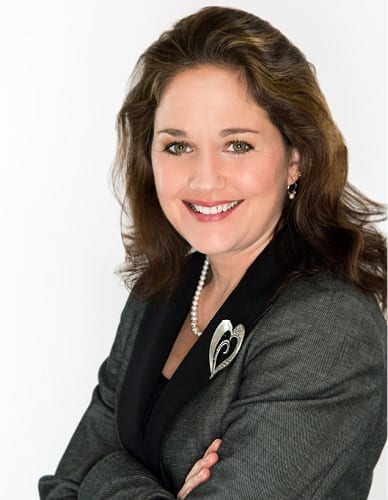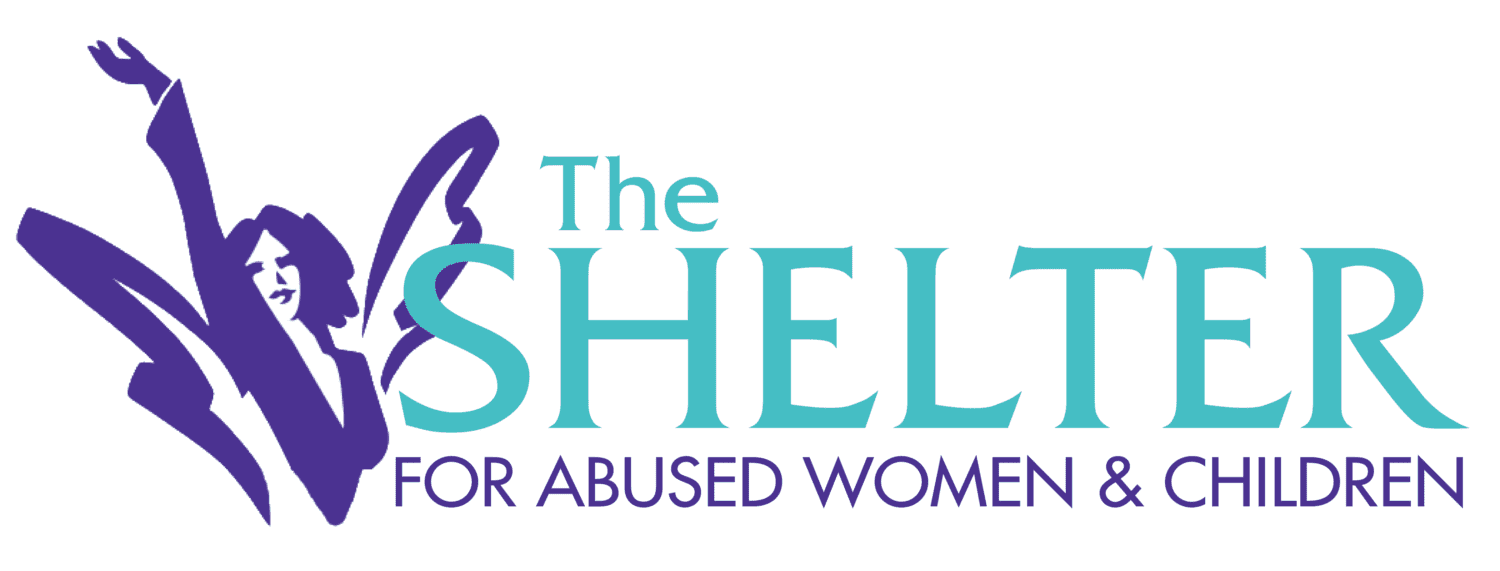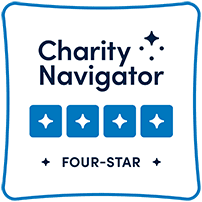January is Human Trafficking Awareness Month
 At 16, Ellie couldn’t believe her luck. After answering an ad on Craig’s List, she was flown from California to Miami, with promises of her dream job in modeling. Three years later, battered and bruised, Ellie was brought to The Shelter from the hospital. Instead of a dream job, she had been thrust into a nightmare of violence and forced prostitution with a trafficker who sold her for sex on a website called Back Page.
At 16, Ellie couldn’t believe her luck. After answering an ad on Craig’s List, she was flown from California to Miami, with promises of her dream job in modeling. Three years later, battered and bruised, Ellie was brought to The Shelter from the hospital. Instead of a dream job, she had been thrust into a nightmare of violence and forced prostitution with a trafficker who sold her for sex on a website called Back Page.
Ellie’s story epitomizes the unspeakable dehumanization suffered by thousands of human trafficking victims exploited for sexual purposes or forced labor in the United States. But she is one of the lucky ones. The average life span of a human trafficking victim is seven years; Ellie got out in three, thanks to deputies, who identified her as a victim rather than a criminal. Ellie cooperated fully with local law enforcement. She found safe housing, clothing and counseling at The Shelter and was ultimately reunited with her mother in California.
Unfortunately, most cases of human trafficking do not have happy endings.
January marks National Human Trafficking Awareness Month and it is noteworthy that just this week, two suspected traffickers were arrested and four victims rescued in Collier County. This follows on the March 2015 bust of the largest human trafficking sting ever uncovered in our area, with 10 arrests and approximately 15 victims rescued. Obviously, human trafficking has found a home in Collier County.
As you read this commentary, human trafficking is the fastest growing and third largest organized criminal activity in the world, just behind the drug and arms trades. Florida ranks third in the nation for calls to the National Human Trafficking Hotline. In Collier County, the number of human trafficking related investigations jumped from 7 in 2013 to 27 in 2014, after the establishment of the Collier County Sheriff’s Office human trafficking unit.
Human trafficking is a lucrative industry, representing an estimated $9.8 billion in the U.S. and $32 billion internationally. According to the U.S. Department of Justice, a trafficker can make up to 150,000-$200,000 per person each year and the average pimp has four to six girls.
It is important to understand that human trafficking can happen to anyone, anywhere and in any situation. In the United States, 83 percent of trafficking victims are American and 50 percent are children. The average age of a trafficking victim is 13. Few ever come forward for fear of retaliation, shame, or lack of understanding of what is happening to them.
Although the crisis of human trafficking has more recently made headlines, the problem has thrived in the shadows for many years. For too long, victims of human trafficking have been treated as criminals, facing jail time rather than receiving emergency shelter and the support they deserve. Much like the domestic violence movement of the early 1980s, today’s push to raise awareness of human trafficking will initiate the social change needed to provide victims with the services they need to heal and return to society as productive citizens.
The Shelter for Abused Women & Children stands in partnership with the Collier County Sheriff’s Office as the only human service organization in Collier County with the facilities and professional staff required to meet the needs of human trafficking victims. Last year, we provided emergency shelter and support for 17 victims of human trafficking and their six children. To better serve the unique needs of this group of survivors, our long-range plans include expansion of our human trafficking services.
It is important for everyone to learn to recognize the signs of human trafficking to combat this horrific crime. Be aware of and report any activity that looks suspicious to you. Don’t assume it is not your business. Most of the traffickers in the March 2015 sting were operating in broad daylight in single family neighborhoods. In addition to a high volume of traffic at a residence, individual signs of human trafficking in a victim may include:
- Signs of physical, emotional, or psychological abuse
- Fear, depression, or signs of Post-Traumatic Stress Disorder
- Malnourishment or exhaustion
- Threats to self or family
- Debt owed to employer
 Signs of being controlled (someone speaking for them; escorting them to/from work)
Signs of being controlled (someone speaking for them; escorting them to/from work)- Gaps in story
- Tattoos/branding
If you know of or suspect that someone is a victim of human trafficking or domestic violence, call The Shelter’s 24-hour crisis hotline at 239-775-1101.
Linda Oberhaus
Executive Director
The Shelter for Abused Women & Children



